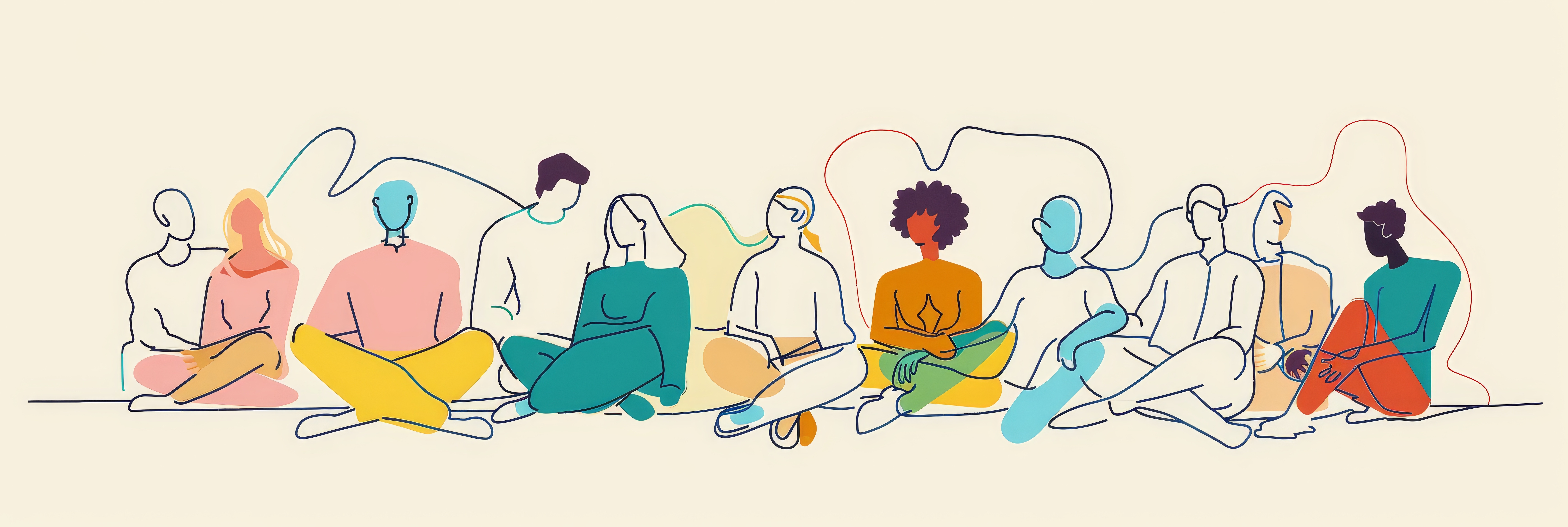Struggling with disordered eating can take a toll on your mental and physical health. If you’ve moved beyond anorexia, bulimia, binge eating, or another food-related disorder, then you know what a relief it is to be in recovery.
You likely feel better from the inside out. And you probably also have no desire to go back.
Today we’ll talk about a few practical strategies you can use to avoid an eating disorder relapse. Make note of the ones that might work best for you and look for ways to take proactive action toward a lifetime of health and wholeness today!
Relapse Reality Check
Before we talk about how to avoid a relapse, let’s look at the facts. Researchers have found that between 20% and 50% of people with a previous eating disorder will have a relapse. (1)
Does that mean you will relapse? No way! But it does mean relapse is possible and, if we’re being honest, a normal part of the recovery process.
So if you find yourself returning to your old eating habits, take heart. You’re not alone, and you’re not a lost cause. Reach out for help to get back on track right away.
3 Ideas to Prevent Eating Disorder Relapse
Let’s look at a few practical ways to avoid an eating disorder relapse.
Identify your triggers
If you hope to steer clear of an eating disorder pitfall, you’ve got to know what tempts you to walk up to the edge. We’re talking about triggers. Do you know yours?
Psychologytoday.com lists a few scenarios where you might want to be aware. They include:
- Pregnancy
- When a friend or family member successfully loses weight
- When you gain weight
- Spending time around someone who is very thin
- Inability to exercise, especially due to injury
- Starting an exercise routine after a long while without exercising
- Tracking your health on an app where progress (or lack of progress) is visible
- Scrolling on social media and seeing content related to being thin
- Enduring stress, especially for an extended period (2)
Awareness of potential triggers allows you to pause in a moment of distress and say, “What am I thinking right now? How am I feeling? What do I need to do to avoid a relapse?”
Awareness is a powerful, powerful thing!
Break the chain
Another empowering idea from psychologytoday.com talks about breaking the chain. This happens when you notice yourself taking a step toward relapse.
Maybe you sip water and nibble on your meal at dinner with friends instead of actually eating. Maybe it feels good. And maybe you do it again the next night. You feel mostly good but also a little twinge of shame and guilt. Break the chain! You don’t have to skip dinner the following night. You can choose to eat a real meal and show yourself that you are still in control. (2)
Schedule a well-check with your therapist and dietitian
When our kids are young, we take them to the doctor every year as a preventative measure. The doctor looks them over, makes sure they’re progressing as they should, addresses any concerns we may have, and sends us on our way.
You can ask the same of your therapist and dietitian. Just because you’re in recovery doesn’t mean you can’t benefit from a regular checkup. Meet to discuss how things are going, where you’re struggling, and where you’re succeeding, and walk away with practical tips for avoiding relapse in the months ahead.
Of course, we would love to connect you with a therapist who can help you stay on track as you journey toward health and wholeness. Give us a call today at 765.819.2524 or complete our contact form.
Resources
- https://www.webmd.com/mental-health/eating-disorders/binge-eating-disorder/how-to-prevent-a-relapse-of-binge-eating-disorder
- https://www.psychologytoday.com/us/blog/in-practice/201811/6-tips-eating-disorder-relapse-prevention

 Call
Call

